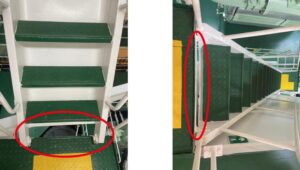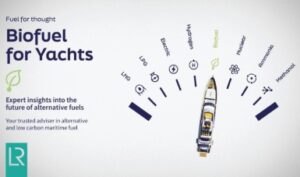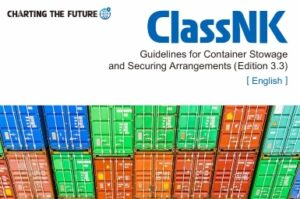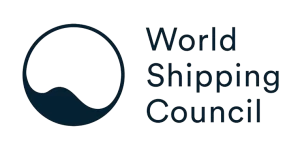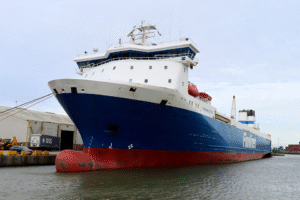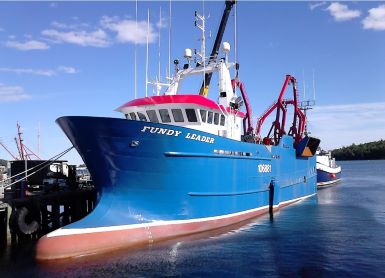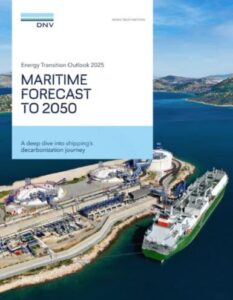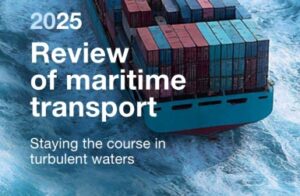
The United Nations Conference on Trade and Development (UNCTAD) has published its Review of Maritime Transport 2025 report, exploring the global maritime trade environment which has been marked particularly by volatility, rerouted flows and uncertainty.
According to the Review of Maritime Transport 2025 report, maritime trade volumes reached 12,720 million tons in 2024, growing by 2.2 per cent, exceeding the 2013–2023 average (1.8 per cent). This suggests positive momentum, yet the growth rate lagged the 2003–2023 average Continue reading “UNCTAD Review of Maritime Transport 2025 report”
